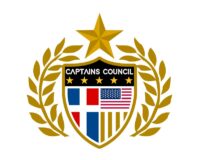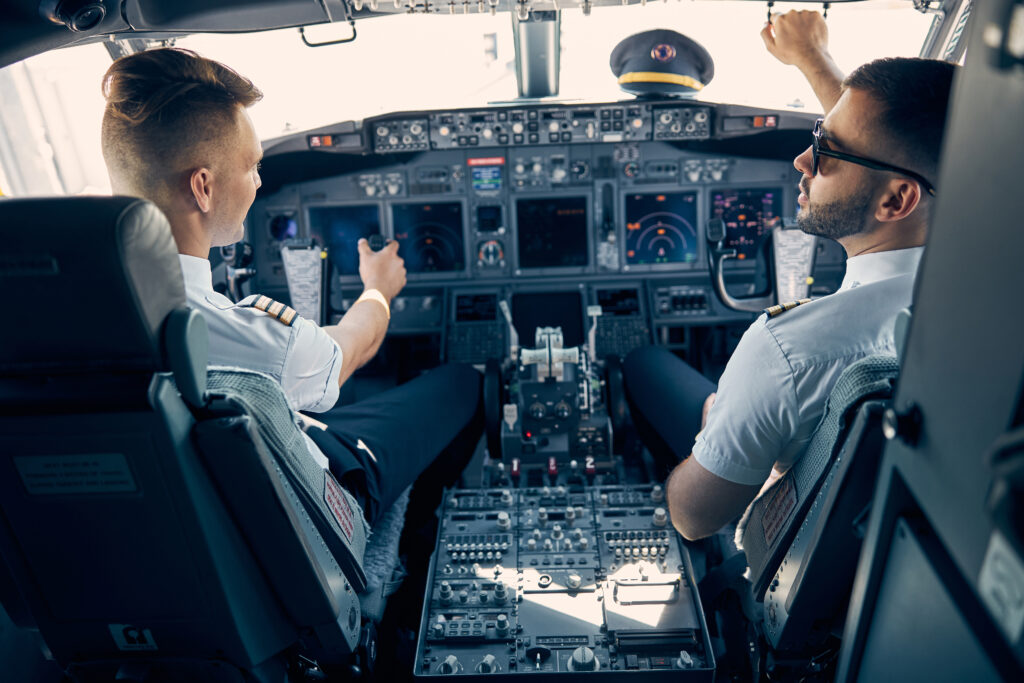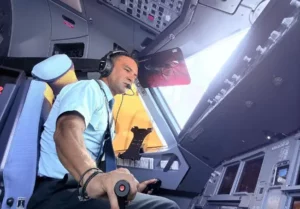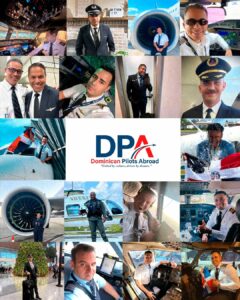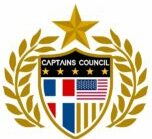Recently, the U.S. Secretary of Transportation posted on social media that pilots involved in incidents, where it is proven they made an error, should lose their licenses. This comes at a time when we have seen several significant accidents and incidents in North America. As an aviator, you must be aware that this is an unfair career, and no one cares about your complaints.
What do I mean?
The statements from the U.S. Secretary of Transportation have caused a stir in the industry. They do not focus on identifying root causes, analyzing the influences of the company’s operational culture, or studying human factors and life pressures that affect our daily performance. No! Simply… Cancel licenses!
But of course, this is nothing more than the populist comment of a politician who does not actually realize that, as Secretary of Transportation, he has nothing to do with this issue. He is simply trying to sound “tough” to impress his boss. However, we must reflect on the demands and expectations placed on us as aviators, such as maintaining a high level of precision in every flight, constantly adapting to new regulations and technologies, and demonstrating impeccable performance in every evaluation, with no margin for error. Without a doubt, this is an extremely unfair career!
I see it constantly when a pilot does not perform well in an evaluation or check. They are disqualified without any consideration of who they are or what their career trajectory has been. It does not matter how many stories they have about crossing the Atlantic, how many times they have lost an engine during takeoff, or how many people they have taught to land notoriously difficult aircraft. If you did not execute a maneuver correctly, you will be disqualified, and no one will care about your complaints or excuses! That is the career, and those are the conditions.
After the pandemic ended my contract with the company where I thought I would retire, I was re-employed as a pilot instructor in the U.S. There, I met 14 other pilot instructors, ALL with vast experience, all with thousands and thousands of hours, not only as wide-body aircraft captains flying internationally but also as instructors. However, the attitude from day one was, “We are instructors.” Conversations revolved around “This is how we did it at Company X,” but there was very little attention to how we performed as students, starting from scratch in this new company.
A small group of pilots started meeting separately from the rest of the class to study. We began practicing for the oral exam; some even gathered to rehearse calls and procedures using paper mockups, something considered very basic. Before each lesson, we studied the emergency profiles assigned to us, and afterward, we briefed those who would soon have that lesson.
Out of the 14 pilots who started, only a small group was interested in participating in these study sessions; the others were presumably occupied with more important things. By the end of the course, the FAA issued only six instructor certification letters; the rest of the class failed. No one cared about the stories or complaints of those who were not selected, despite being more than qualified and having more experience than required to be instructors. They simply did not pass the course.
